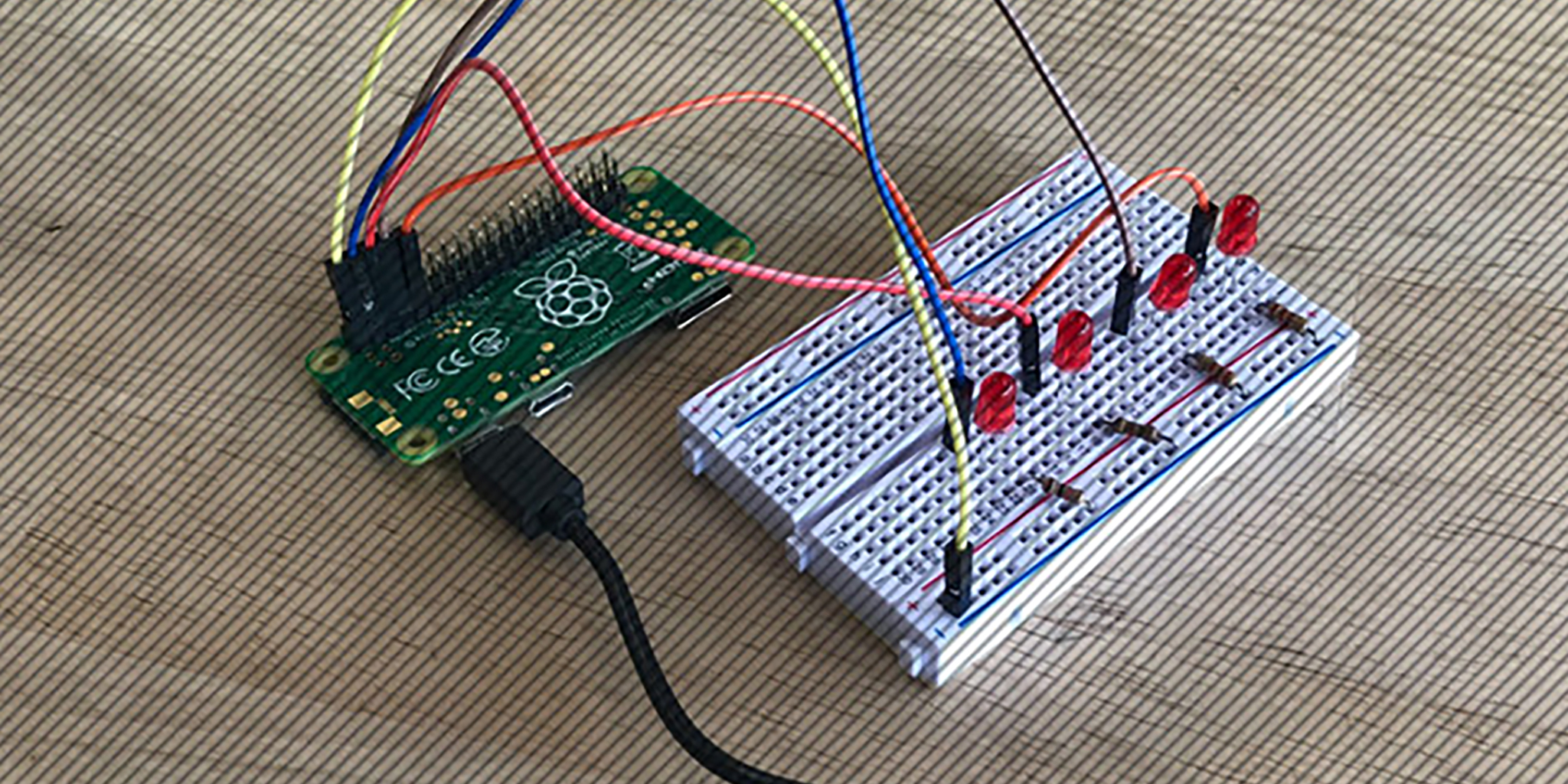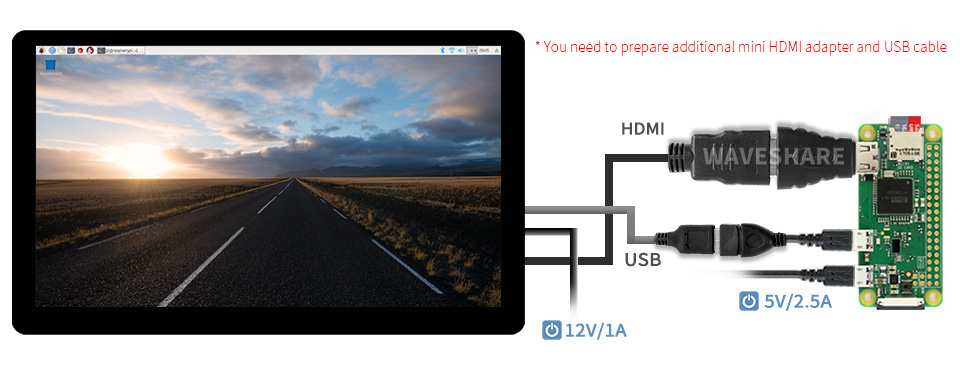
Start by creating a new Rust project, and opening the main.rs file in your favourite text editor: my-pc:~ $ cargo new blink Linker = "/rpi_tools/arm-bcm2708/arm-rpi-4.9.3-linux-gnueabihf/bin/arm-linux-gnueabihf-gcc" Tell Cargo to use a specific linker version for your target: Specify the Linkerĭownload the raspberrypi/tools repository into a directory named rpi_tools: my-pc:~ $ git clone $HOME/rpi_toolsĮdit the ~/.cargo/config file using your favourite text editor: my_pc:~ $ sudo nano ~/.cargo/config Use rustup to install the necessary target for your Raspberry Pi: my-pc$ rustup add target arm-unknown-linux-gnueabihfĪppendix for more information about targets in Rust. How to Set Up Cross Compilation Install the Target

Complete the CircuitĬonnect negative to ground, and positive to BCM pin 17 as shown below: Once that is done, you can insert the SD card into the Raspberry Pi, and power it up. This is a headless distribution, which means it does not come with a GUI. Use the Raspberry Pi Imager which can be downloaded from the Raspberry Pi Software Webpage.Ī distribution I'd suggest is Raspberry Pi OS Lite.


Using a Raspberry Pi Zero W, you can quickly get up and running with embedded Rust. Embedded programming in Rust requires a whole new knowledge base.


 0 kommentar(er)
0 kommentar(er)
